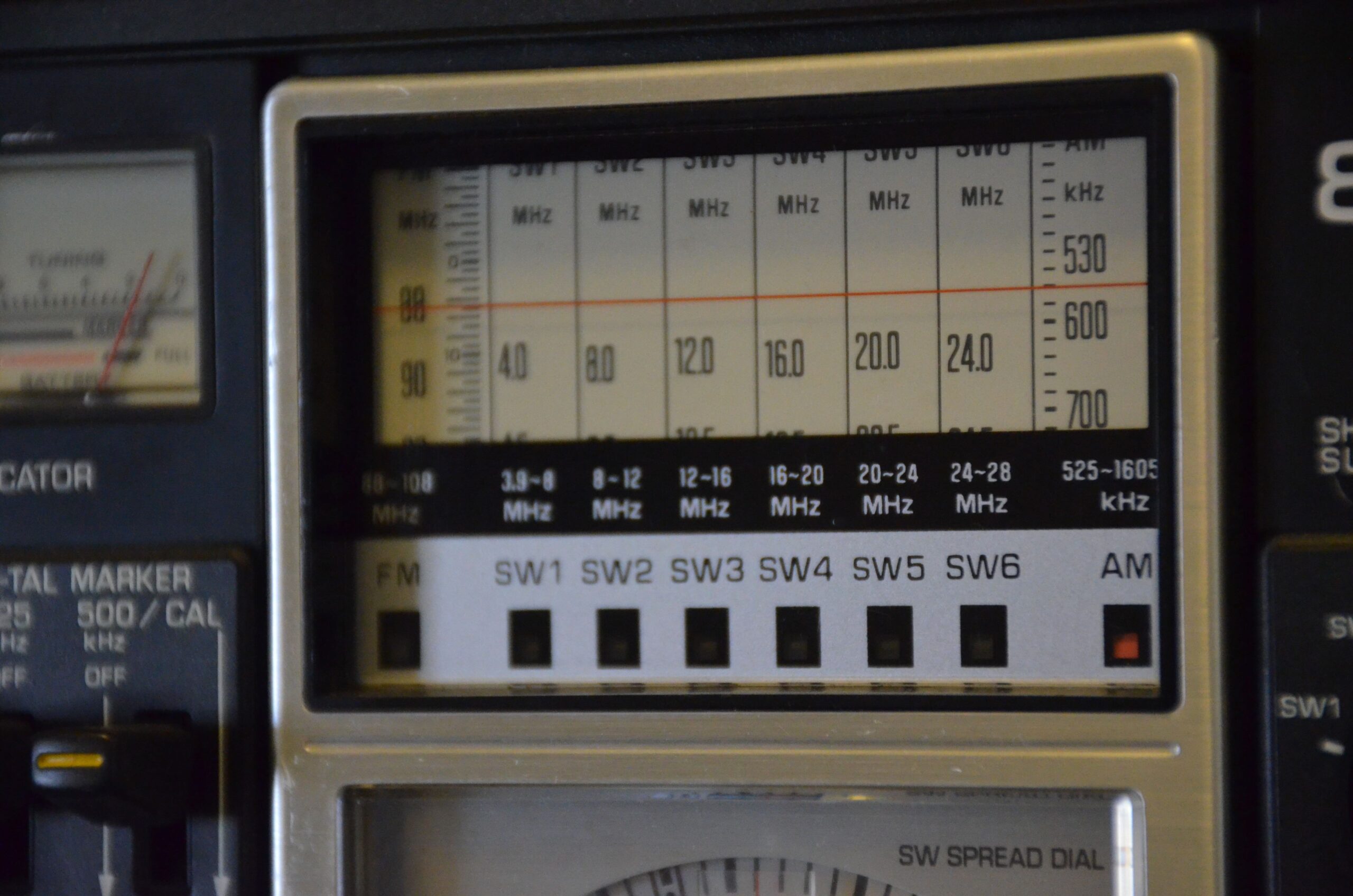The SWLing Post is Temporarily Offline for Maintenance
We’re performing a little behind-the-scenes maintenance while our server is being upgraded.
The site should be back online later today — thanks so much for your patience and support!
-Thomas
We’re performing a little behind-the-scenes maintenance while our server is being upgraded.
The site should be back online later today — thanks so much for your patience and support!
-Thomas
